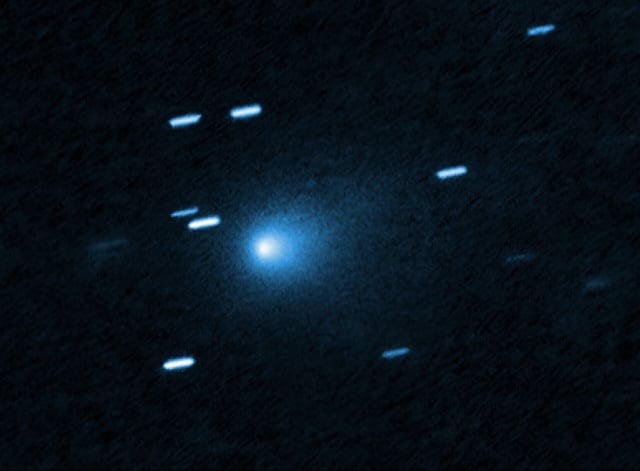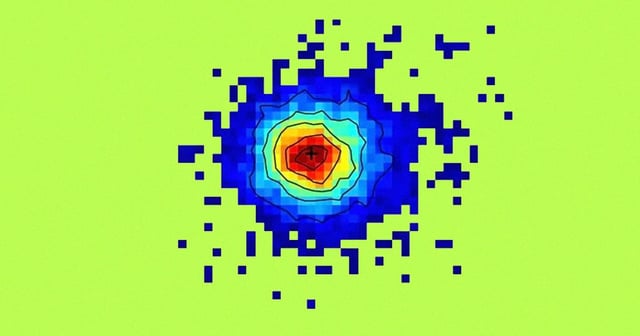Overview
- Hubble’s sharpest observations constrain the comet’s icy nucleus to between 320 meters and 5.6 km and reveal a sunlit dust plume with a faint tail.
- 3I/ATLAS is hurtling through the inner solar system at roughly 210,000 km per hour, making it the fastest visitor ever recorded from interstellar space.
- Spectroscopic and photometric analyses show dust-loss behavior consistent with solar comets, though some researchers, including Avi Loeb, continue to explore an artificial origin.
- US Rep. Anna Paulina Luna has formally requested that NASA assess extending Juno’s mission through March 2026 to attempt an unprecedented flyby during the comet’s approach to Jupiter.
- International teams are maintaining intensive monitoring as 3I/ATLAS nears perihelion on October 30 and is predicted to reappear beyond solar glare in early December.


